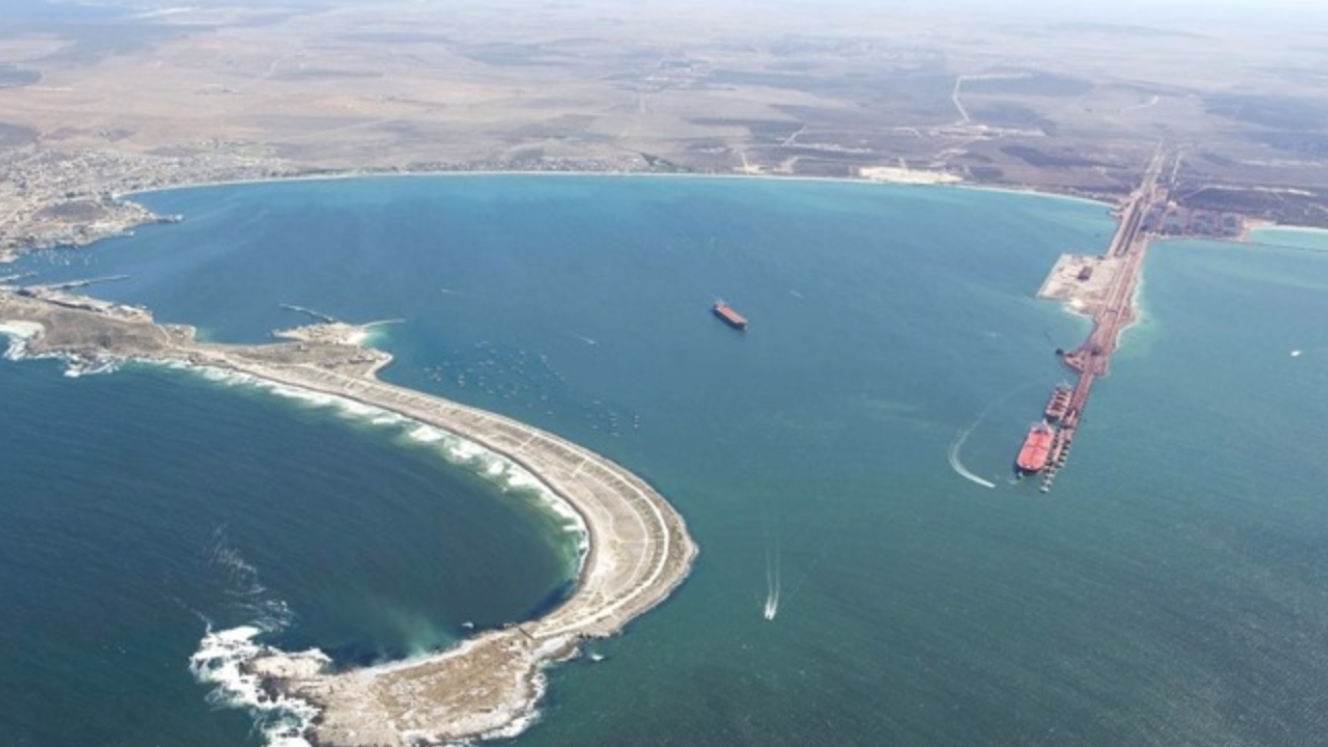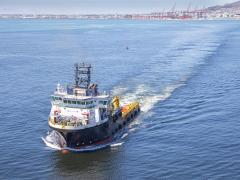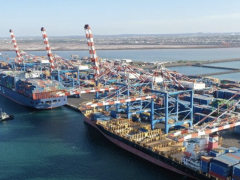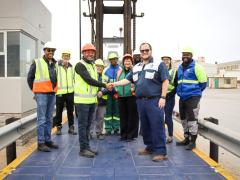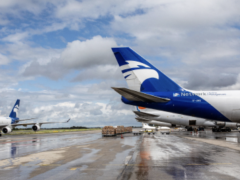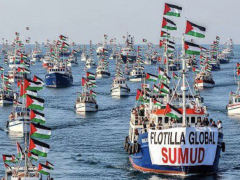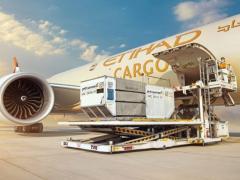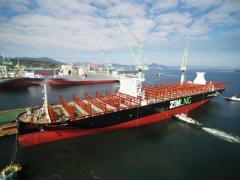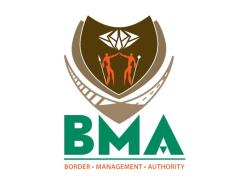Improved shipping links between South Africa and West Africa have opened up opportunities for shippers and exporters wanting to trade with one of the fastest-growing regions in the world, says Sharmeni Varathaiah, senior marketing manager of NileDutch shipping line. “South African companies have a unique advantage in being so close to sub-Saharan countries which are growing more quickly than Europe or the USA.” The weakening of the rand against the US dollar is also favouring South African exporters, she says. “We believe that infrastructure in South Africa also needs to keep up with the growth in the containerised trades and we see the expansion of both Durban and Cape Town ports as a good sign,” she adds. There is currently a “big mix of freight from South Africa – ranging from basic foodstuffs to manufactured goods and reefer cargoes”. Responding to the demand, the line has increased its frequency from 14 to 10 days, with the objective being eight days. The service calls at Pointe Noire, Luanda and Namibe directly, with “good connections to the other WAF ports. “NileDutch is well placed to help its customers benefit from the growth in all major WAF countries, including Angola but also Congo, the Democratic Republic of Congo and Nigeria,” she says. The line has secured the 5M terminal in Luanda, which it uses as a hub for the region. “NileDutch ensures that South African freight arrives at its receivers in West African countries in a shorter transit time than shippers located on other continents. “We are looking into adding new origins and destinations into our portfolio, but we can’t give further details just yet,” she said. Dealing with the growing threat of piracy is part and parcel of providing seafreight services in highrisk areas like West Africa, “The AP Moller-Maersk Group – parent company of Safmarine – regularly updates its policy, procedures and defensive measures based on available civilian and military intelligence as well as best practices recommended by the relevant authorities, maritime and other organisations,” Safmarine’s Jonathan Horn told FTW. ”While piracy has impacted the shipping business, it is also a threat to important international trade lanes and therefore an international security issue,” he added. “As such, the matter of piracy needs to be addressed by the international community as a whole, and not only the shipping industry.” And piracy has not only led to higher transportation costs. Insurance premiums have increased and there are also additional costs for shipowners who need to ‘harden’ their vessels against potential attacks. In addition there’s an impact on fuel consumption because vessels have to speed up or sail further to avoid high risk areas. “All these costs add to the final cost of doing business with a country, which not only affects the competitiveness of those countries but also impacts the final cost consumers pay for goods which are shipped from one end of the world to the other,” says Horn.
